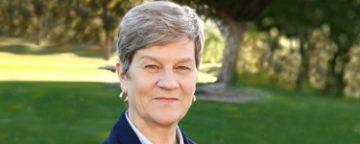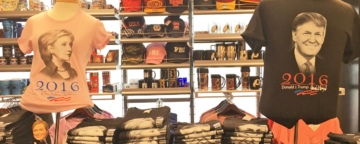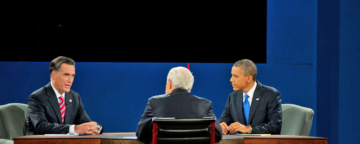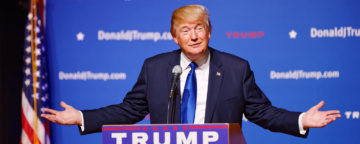FactCheck.org provided daily coverage of the Democratic and Republican National Conventions, and announced a partnership with NBCUniversal Owned Television Stations to develop fact-checking videos.


FactCheck.org provided daily coverage of the Democratic and Republican National Conventions, and announced a partnership with NBCUniversal Owned Television Stations to develop fact-checking videos.

APPC director Kathleen Hall Jamieson addressed the annual meeting of the Midwestern Legislative Conference, in Milwaukee, on "Effective Communication in a Polarized Environment."

Kathleen Hall Jamieson spoke at the prestigious Westminster Town Hall Forum in Minneapolis about the presidential campaign. Minnesota Public Radio, which broadcast the forum, also interviewed Jamieson about political advertising.

On June 21, pollster Peter Hart will conduct a focus group for the policy center of blue-collar and economically struggling workers in Pittsburgh, to get their opinions on the 2016 presidential race.

What do citizens want from their member of Congress? The answer, a new study finds, is partisan representation on national issues, which is more highly valued today than constituency service or bringing in federal money to a congressional district.

Kathleen Hall Jamieson was awarded the American Philosophical Society's 2016 Henry Allen Moe Prize in recognition of her paper "Implications of the Demise of 'Fact' in Political Discourse."

For the third consecutive year, FactCheck.org has been awarded the Webby for best Political Blog/Website, and received the People's Voice Webby, as voted by the public, in the same category

People watching presidential debates on TV learn less about the candidates if they are simultaneously following social media such as Facebook and Twitter than debate viewers who aren’t using social media at the same time, a study has found.

Pollster Peter Hart will conduct a "Voices of the Voters" focus group in St. Louis on March 22 to explore Donald Trump's strengths and weaknesses as seen by Republican and independent voters.